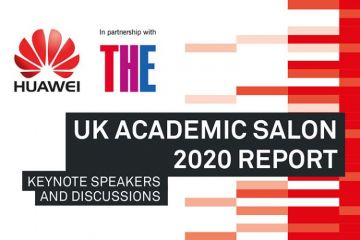THE gentlemanly world of ivory towers came under MPs' fire this week for sloppiness and complacency in the management of university building projects.
Funding council chief Brian Fender sat alone to give evidence to the Public Accounts Committee's hearing on Monday. The committee demanded explanations for last month's critical National Audit Office report.
The report identified weaknesses in universities' assessment of new building needs, which totalled Pounds 1.6 billion between 1993 and 1996. It also criticised universities' appraisal of funding options for these new buildings and the role of governors in such projects.
Labour MP for Liverpool Garston Maria Eagle began an hour's bombardment by asking Professor Fender why, in the five years of the Higher Education Funding Council's existence, no written guidance on option appraisal had been given "despite a plethora of building".
"I think the report is replete with examples of sloppiness. We are talking about projects worth several millions of pounds which if they go wrong could put institutions at risk. This would have, I would have thought, been a matter of great concern to the funding council."
Geoffrey Clifton-Brown. Conservative MP for Cotswold, raised the battle cry: "Complacency is not on. We are dealing with public funds, surely there is no room for complacency in these areas?" Conservative Richard Page, South West Hertfordshire, sniped: "I do not mean this to sound unfair, but don't you think the academic world is just a bit laidback about all this? You know, ivory towers and all that?" Andrew Love, Labour MP for Edmonton, called up private sector funding to drive home his point about the possible failure of the higher education sector to adapt to new funding circumstances.
He said: "Now that competition is increasing in the sector and that the academic world's brush with the commercial world has not always been successful, do you think that the approach you have personified this afternoon, which if I may say is a gentlemanly hands-off approach, is still applicable given the changes that have taken place?" Denying complacency, Professor Fender stuck to his guns. He stoutly defended university autonomy as the best way of ensuring value for money and he cast doubt on the efficacy of more funding council rules and regulations in achieving the same. However, he said that further guidance would be issued this year.
The committee left Professor Fender battered but they could hardly claim a victory over one so seemingly securely ensconced behind the walls of academe. In the end they declared terms, namely that Professor Fender accept the NAO report and its calls for a stricter framework governing building projects. Professor Fender agreed although he added quietly "but it has got to be a framework that is helpful to institutions".
Register to continue
Why register?
- Registration is free and only takes a moment
- Once registered, you can read 3 articles a month
- Sign up for our newsletter
Subscribe
Or subscribe for unlimited access to:
- Unlimited access to news, views, insights & reviews
- Digital editions
- Digital access to THE’s university and college rankings analysis
Already registered or a current subscriber?








